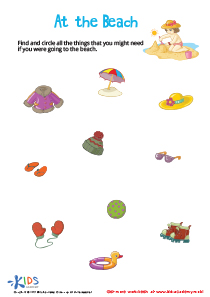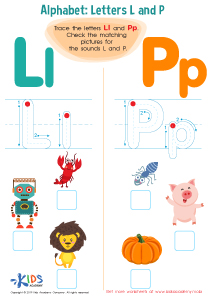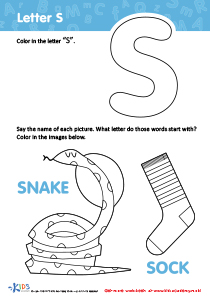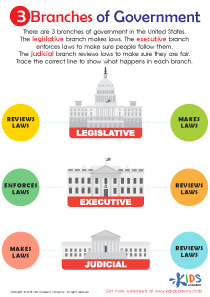Science Lessons | Animals for Ages 4-6
9 results
Discover the Animal Kingdom: Animals for Ages 4-6
Dive into the wonderful world of animals with our specially designed lessons for children aged 4-6! Our interactive worksheets, captivating educational videos, and engaging assessment quizzes make learning about animals an exciting adventure. Little explorers will embark on a journey to understand the lives, habitats, and fun facts about their favorite creatures, from the mighty elephant to the tiny ant. Perfect for inquisitive young minds, these lessons are crafted to spark curiosity and nurture a love for nature. Join us for a wild educational ride with Animals for Ages 4-6!
In today's fast-evolving world, the significance of early education cannot be overstated, especially when it comes to subjects that spark curiosity and wonder in young minds. One such captivating topic is the kingdom of animals, which is why our lessons on Animals for Ages 4-6 are meticulously designed to be not just informative but also engaging, ensuring a joyful and enriching learning experience for children in this impressionable age group.
Understanding the natural world and the diverse species that inhabit it is a fundamental aspect of a child’s education. It serves as a foundation for empathy, environmental awareness, and a passion for exploration. Our Animals for Ages 4-6 curriculum is specifically tailored to cater to the developmental stages of 4 to 6-year-old learners, employing a blend of interactive worksheets, educational videos, and assessment quizzes to make learning about animals an adventure rather than a chore.
Interactive worksheets are a cornerstone of our program. These aren't your ordinary worksheets but are designed with vibrant colors, engaging tasks, and simple, fun facts that are easy for young minds to absorb and remember. Whether it’s matching animals to their natural habitats, identifying animal sounds, or understanding what different animals eat, these worksheets make learning hands-on and practical, encouraging children to think critically and creatively.
The inclusion of educational videos in our curriculum takes the learning experience a notch higher. Children are visual learners, and what better way to learn about the animal kingdom than by seeing it in action? Our carefully curated videos bring the wonders of the natural world right into the classroom or home, allowing children to observe animals in their habitats, understand their behaviors, and even embark on virtual safaris. These visual experiences not only enhance learning but also foster a deeper connection and appreciation for wildlife.
Assessment quizzes, though they might sound formal, are crafted to be as enjoyable as the rest of the learning materials. These quizzes are designed to reinforce what the children have learned in a pressure-free environment, allowing educators and parents to gauge understanding and retention in a fun way. They serve as a gentle nudge for the children to recall information, think critically, and apply what they’ve learned, all while enjoying the process.
Our Animals for Ages 4-6 lessons are more than just educational materials; they are a gateway to instilling a lifelong love for learning and curiosity about the natural world. By engaging with these lessons, children not only learn fascinating facts about animals but also develop essential skills such as observation, critical thinking, and empathy. These skills are crucial in their overall development and will serve them well in all areas of study and stages of life.
In conclusion, our lessons on Animals for Ages 4-6 are tailored to provide young learners with an engaging and comprehensive introduction to the animal kingdom. Through interactive worksheets, educational videos, and assessment quizzes, these lessons offer a balanced mix of fun and learning, ensuring that children are not just spectators but active participants in their journey of discovery. By fostering a connection with the natural world at a young age, we are nurturing future generations who are knowledgeable, compassionate, and curious explorers of our planet.















